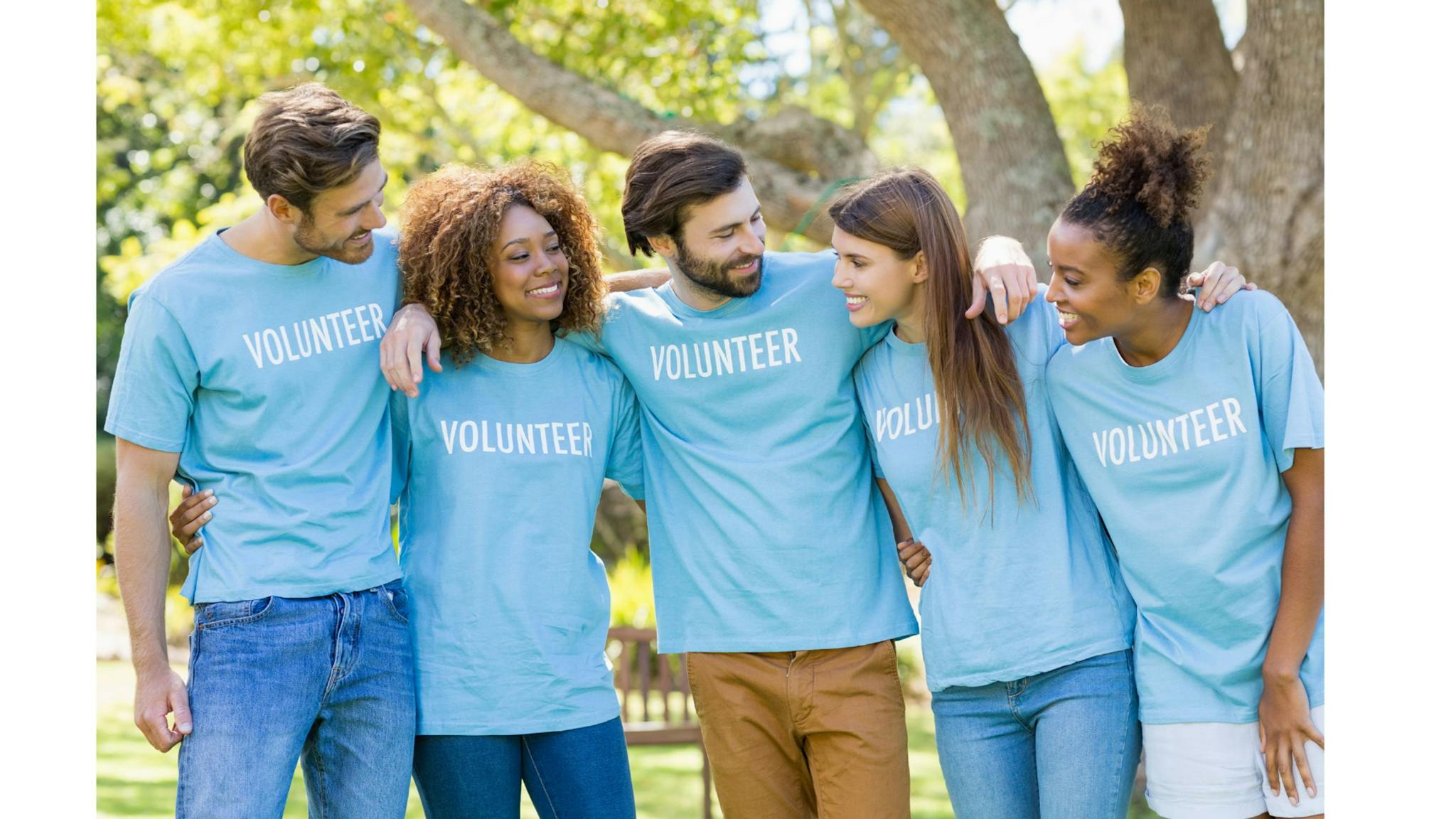Gratitude for Volunteers

We know that the power of gratitude has a huge effect on our key workers. When we say thank you, we often make someone's day. It really makes them feel validated and worthwhile. When we thank doctors, carers or teachers though, they often say "I'm just doing my job". They have chosen a life path that improves the lives of others and certainly don't do it for the gratitude.
What about all those people who didn't choose a career path that led them into healthcare, social care or education, but found themselves drawn to, or even compelled, to give up their own free time to volunteer freely and help out?
Our NHS or social care service wouldn't be able to function without the army of volunteer workers. Volunteers undertake practical tasks such as collecting medication from the pharmacy, escorting patients around the hospital, and running tea rounds. They can provide comfort and support for patients who don't have other visitors. Volunteers also support staff by freeing up their time to prioritise clinical care and act as an extra pair of hands or eyes.
Gratitude is even more important for these volunteers; showing appreciation is the fuel that drives their benevolent actions. Positive reinforcements encourage people to contribute more and work harder, even more so when they are not being financially rewarded for their efforts.
Josh Maughan from The Grove Medical Practice talks about working with volunteers:
It was one of those experiences where you really realised the power of working together as a team, gratitude is the fundamental idea you need to have in the healthcare sector and especially with volunteering. It is unavoidable that there may be bumps in the road, you are learning new things, but if we remember that we are all doing it for each other the cycle of gratitude keeps us going. I learnt to feel true gratitude from working with those volunteers on a daily basis; I realised that without these volunteers the vaccination programme wouldn't run smoothly, or at all.
Obviously thanking people in the moment, is the perfect way to express our gratitude. However retrospective gratitude can be as valid and might be even more powerful. Noting that moment of kindness in time and taking the time to process what the volunteer did and 'go out of our way' to thank them can have a long-lasting effect.
When we send thanks in traditional ways, not everyone feels that gratitude, due to work rotas, communication issues within departments.
TAP really helps in these situations by sharing digital messages of gratitude with those very deserving recipients.
As we change our life/work practices it might be a good idea to make a note of the names of people that have acted in a manner deserving of gratitude. That way, if you don't get a chance to thank them you can always use the TAP thanking platform and thank them retrospectively.
All humans need to be recognised in a meaningful way for their efforts. This helps to build self-esteem and confidence. Recognition is an important component of volunteer retention. When volunteers feel appreciated and important, they are more likely to feel connected to the programme and continue their involvement.
Furthermore, gratitude helps hospital patients to feel involved in the practices that are going on around them and give them a sense of inclusion and belonging.
So, let's continue to spread positivity through the power of gratitude throughout the healthcare and social care sector, to the wonderful staff and the amazing volunteers!
You can hear more from Josh Maughan on TAP's Healthcare Radio Show: https://soundcloud.com/thankandpraise/hba-radio-show-july-2022?utm_source=clipboard&utm_medium=text&utm_campaign=social_sharing